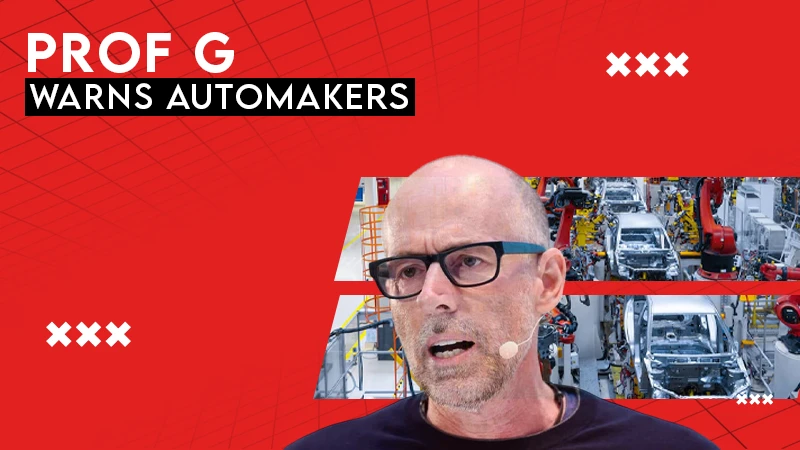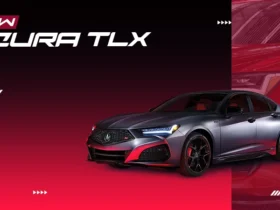America’s trillion-dollar auto industry may have passed its best times. This claim originates from media entrepreneur Scott Galloway, a professor at New York University Stern School of Business, who recently stated in a 2025 mark in YouTube video, “the start of the decline of the U.S. car industry.”
According to Galloway, due to Trump’s tariffs and bills American automakers are finding it harder and more difficult to compete with the rising tide of Chinese competitors. He also cites the continuing trade war launched by President Donald Trump and the related “tariff nonsense” as damaging U.S. auto industry elements that are further eroding the global competitiveness of the business.

He is not the only one voicing worries. Many specialists, including several corporate leaders from the U.S. auto industry, have expressed their reservations about the erratic trade policies of the Trump administration. and the possible long-term effects on the automobile industry. Though the tariff policies of the Trump government are still in flux, as of August, they appear to favor some foreign car manufacturers above those based in the United States.
Presently, Japan imposes a flat 15% tax on all exports to the United States, including vehicles from its top worldwide companies. Most other countries, by contrast, have a steeper 25% tariff on automobile imports. As a result, an American manufacturer that makes cars domestically but gets parts from Mexico or Canada may discover it has greater manufacturing expenses than its Japanese rivals.
Representing companies like G.M., Ford, and Stellantis, the American Automotive Policy Council notes that this scenario offers a big benefit for businesses like Toyota and Honda, at the expense of U.S.-based producers. In his most recent YouTube video, Galloway explains, “We just worked out an arrangement with Japan that made it simpler for Americans to buy, quite frankly, their better automobiles.” Even most American cars depend on imported parts; therefore, the worldwide auto supply chain is very complicated.













Leave a Reply